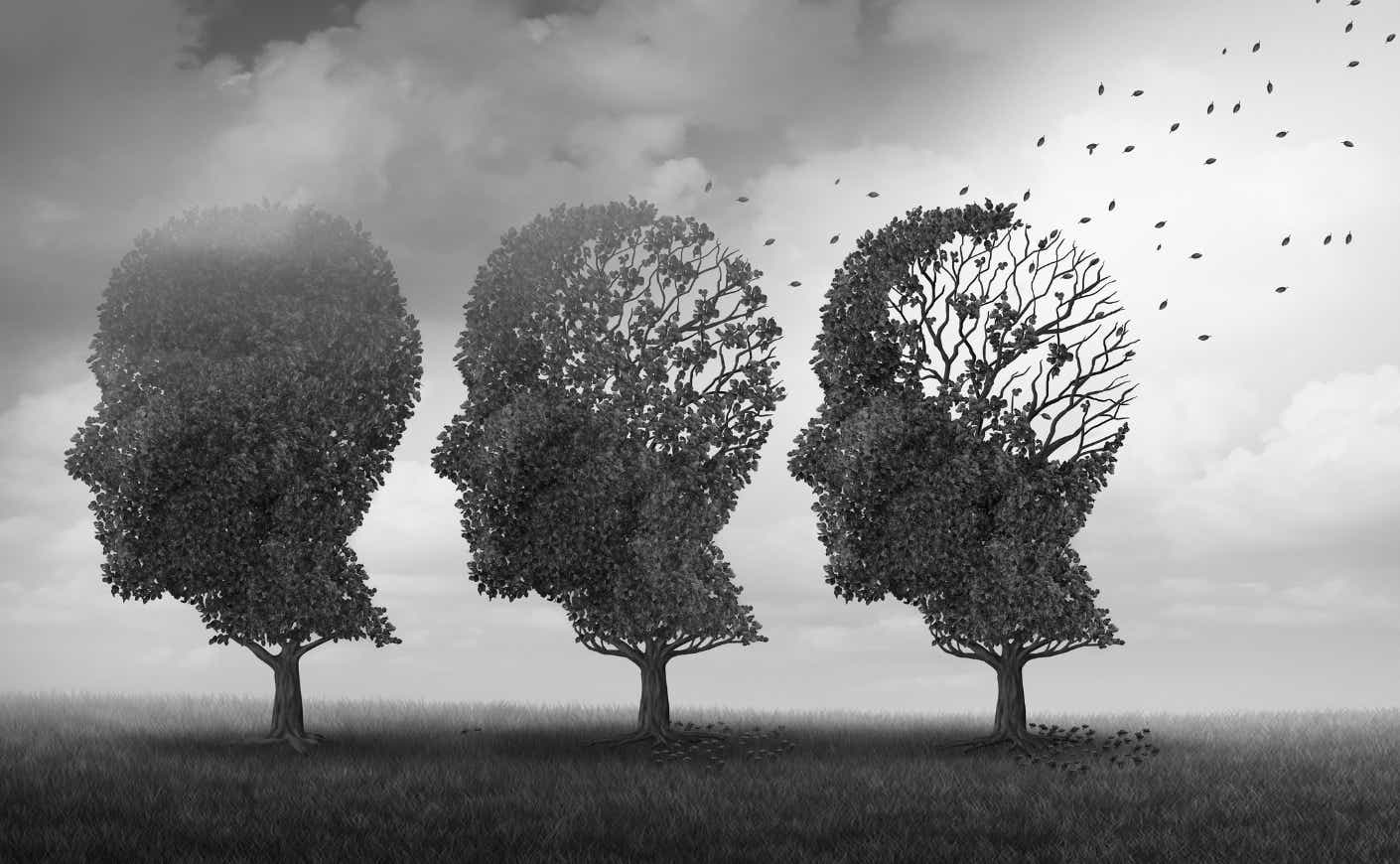A huge new study of more than 16,800 people’s walking speeds over seven years has shown that a decrease in pace each year could be a sign of dementia.
Walking slowly can signal cognitive decline, which, as CNN notes, may be a result of the right hippocampus — the brain region associated with memory — shrinking over time.
Treating people early
One of the report’s authors, Velandai Srikanth, noted how useful these findings could be to target people who walk more slowly and are having problems with their memory for treatment.
“They would be the ones to try to make sure that their blood pressure is well controlled, that they are physically active, that they have a good diet, that they connect socially … all the good things that hold off the risk of dementia,” Srikanth said, according to The Sydney Morning Herald.
Does cognitive decline always lead to dementia?
It’s important to note that a slower gait isn’t a cause of dementia, but might be a helpful predictor for who is most vulnerable to developing the disease. This of course allows for the introduction of preventative measures at an early stage. People who walk 5% more slowly each year while also displaying signs of cognitive decline, were found to be the most high-risk group in the study.
Cognitive impairment alone, while sometimes a predictor of dementia, is by no means a sure sign that someone will develop the disease. According to the National Institute On Aging, about 10-20 % of people over 65 years old with mild cognitive impairments (so memory or thinking problems, as opposed to personality changes) develop Alzheimer’s in the next year. For others, however, symptoms may remain stable — or even improve.
A breakthrough in diagnosis
Amy Brodtmann, a neurologist and Dementia Australia’s honorary medical adviser, told The Sydney Morning Herald that the study’s findings demonstrated dementia affects several different areas of the brain. This breakthrough could affect the accuracy of future diagnoses, and help to catch the disease at an earlier stage.
“We often see some people who are quite frail and elderly who are slow walkers for other reasons like arthritis, and we say, ‘Oh, they’re sharp as a tack’, but this is the first time that we’re sort of saying, ‘Well, is that really the case?’” she said.
How to help yourself
The good news is that exercising regularly can actually help to preserve our hippocampus and help to maintain the speed of our mental processing. Aim for aerobic exercise that raises the heart rate and gets you breathing faster — like walking quickly, swimming, dancing, running, using the elliptical, or cycling.









